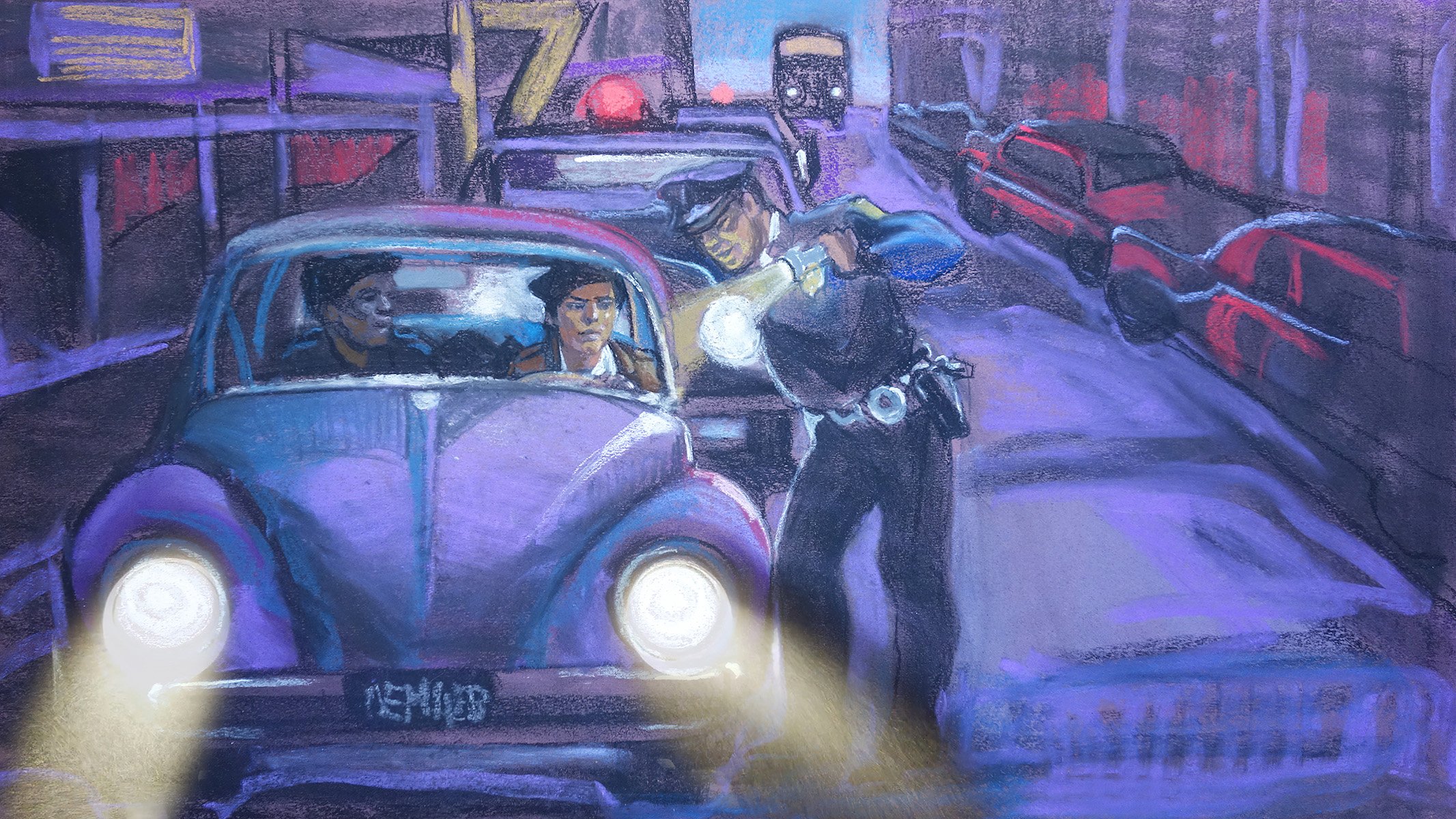
SYNOPSIS
Short Synopsis
Black Panthers co-founder Huey Newton is accused of murdering a white policeman after a car stop in 1967 Oakland. A landmark trial ensues and Newton's defense team calls out racism in the judicial system. With the death penalty looming, a shocking verdict is delivered that still reverberates today.
Synopsis
AMERICAN JUSTICE ON TRIAL: PEOPLE V. NEWTON tells the story of the death penalty case that put racism on trial in a U.S. courtroom in the fall of 1968. Huey P. Newton, Black Panther Party co-founder, was accused of killing a white policeman and wounding another after a pre-dawn car stop in Oakland. Newton himself suffered a near-fatal wound. As the trial neared its end, J. Edgar Hoover branded the Black Panthers the greatest internal threat to American security. Earlier that year, the assassinations of Martin Luther King and Robert F. Kennedy rocked a nation already bitterly divided over the Vietnam War. As the jury deliberated Newton’s fate, America was a tinderbox waiting to explode.
At his trial, Newton and his maverick defense team led by Charles Garry and his then rare female co-counsel Fay Stender, defended the Panthers as a response to 400 years of racism and accused the policemen of racial profiling, insisting Newton had only acted in self-defense. Their unprecedented challenges to structural racism in the jury selection process were revolutionary and risky. If the Newton jury came back with the widely expected first degree murder verdict against the charismatic black militant, Newton would have faced the death penalty and national riots were anticipated. But Newton’s defense team redefined a “jury of one’s peers,” and a groundbreaking diverse jury headed by pioneering Black foreman David Harper delivered a shocking verdict that still reverberates today. (40 min., 2022)

